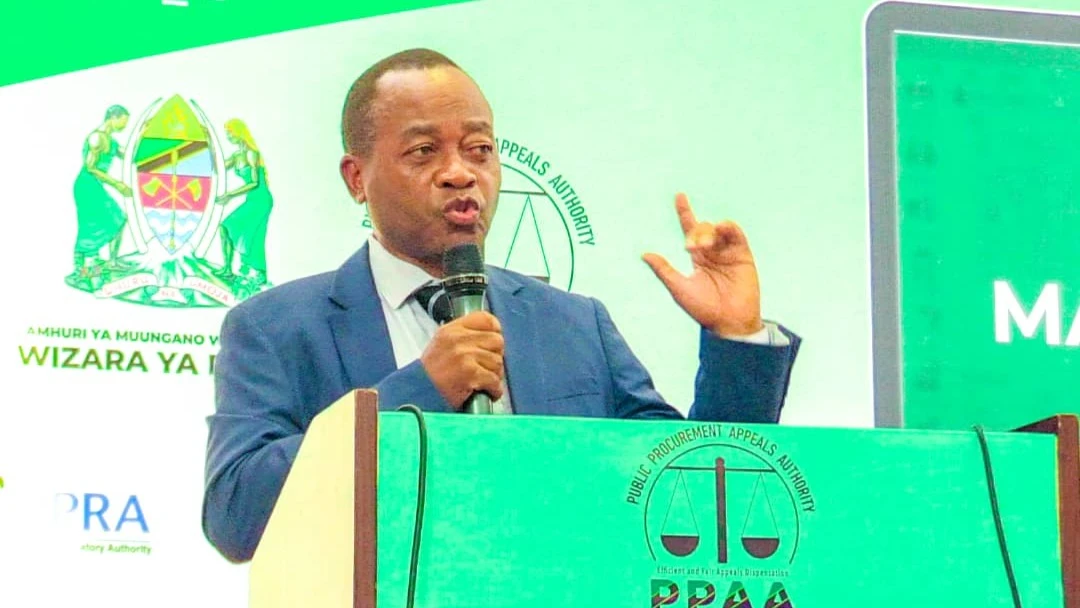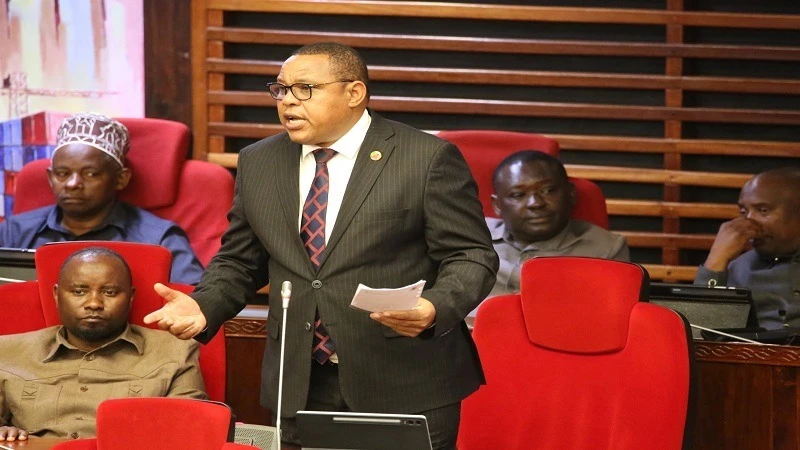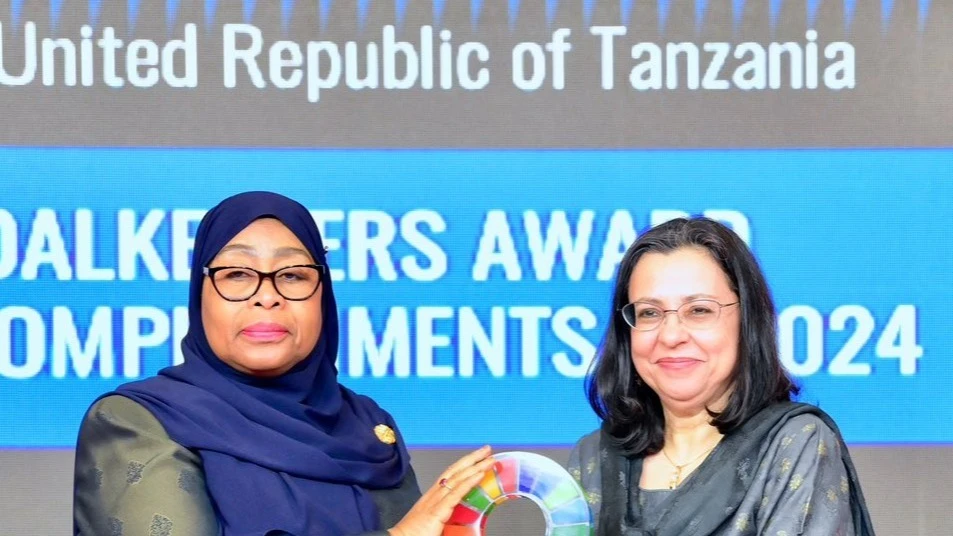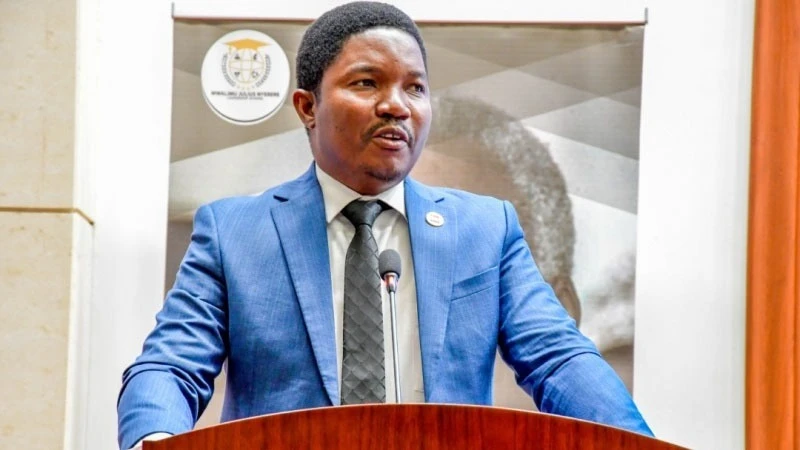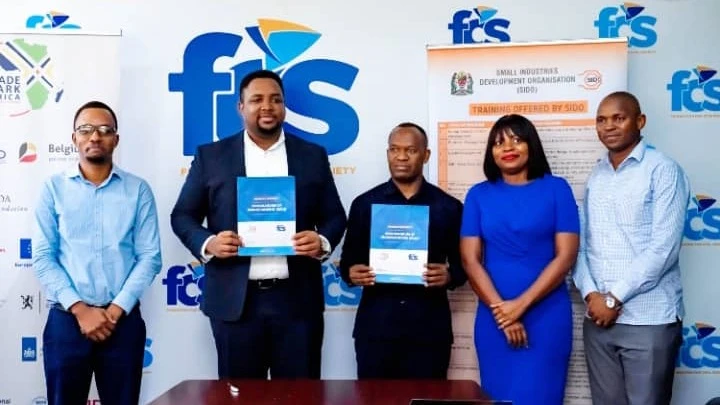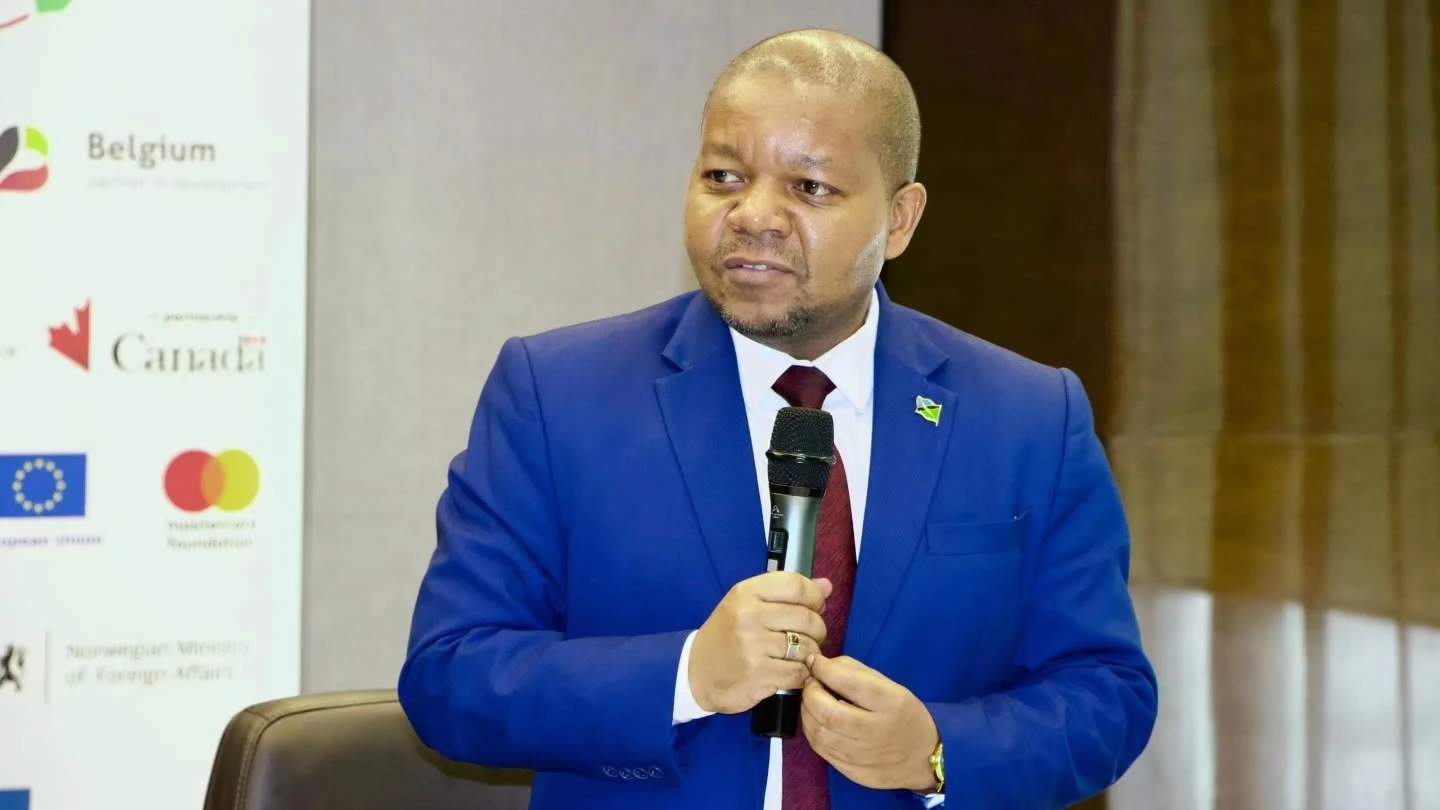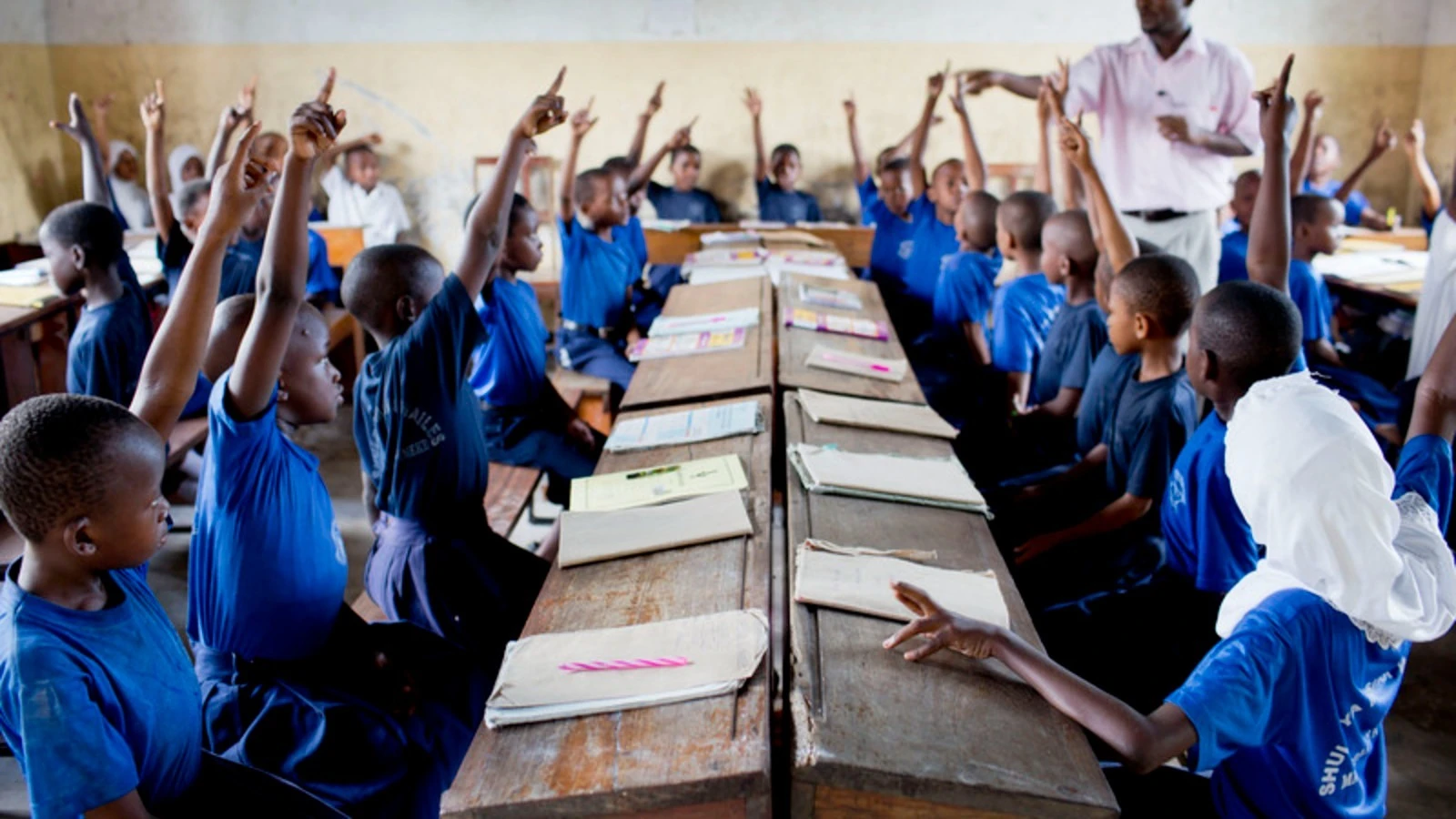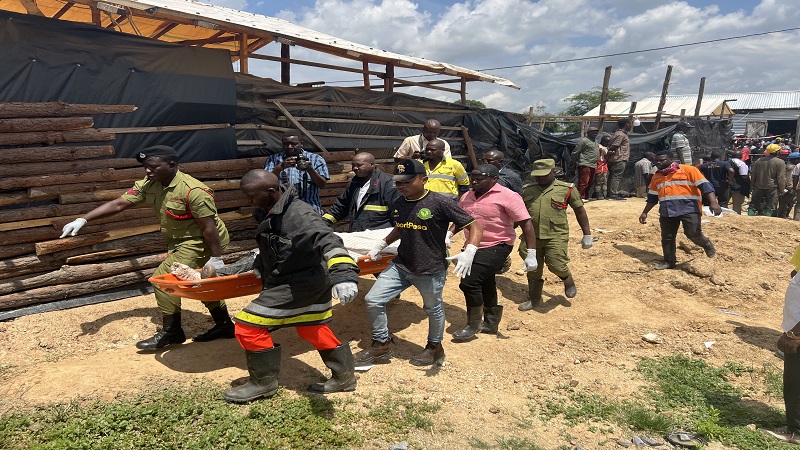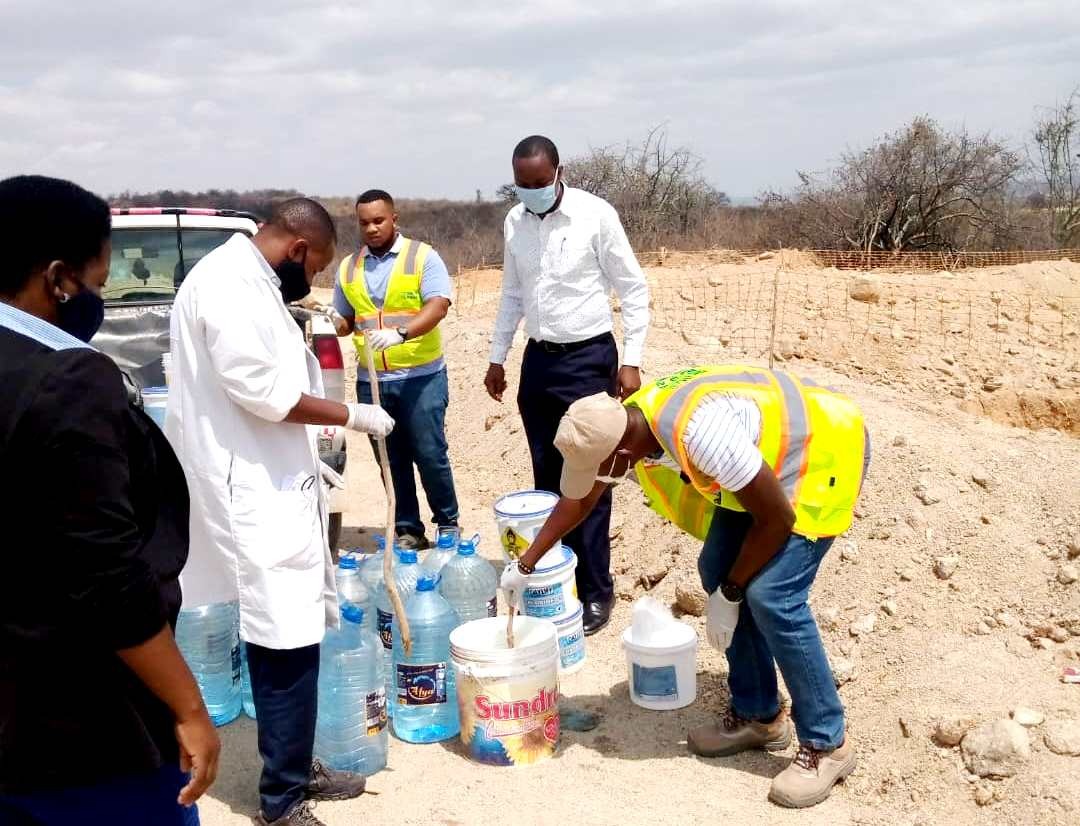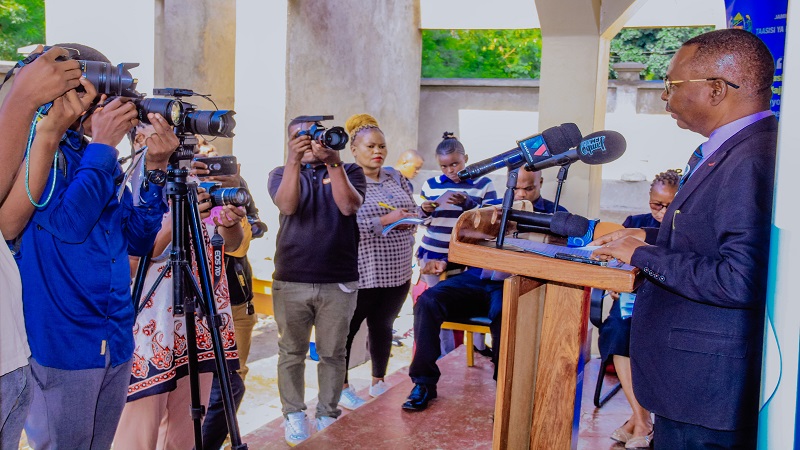Science body launches national frameworks to uplift innovation
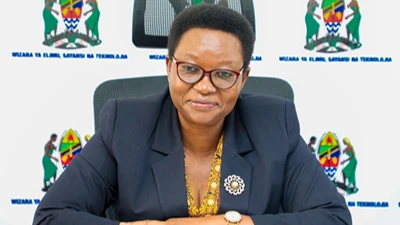
THE Commission for Science and Technology (COSTECH) has launched four national frameworks aimed at enhancing research and innovation in the country.
The newly introduced frameworks are: The National Innovation Framework, Framework for Linkage between Higher Learning Institutions, Research and Development and Industries, Data Sharing Framework for Science, Technology, and Innovation and Framework for Scientific Research Competence.
Speaking during the inauguration of the frameworks in Dar es Salaam at the weekend, Prof Carolyne Nombo Permanent Secretary in the Ministry of Education, Science and Technology said the initiative is poised to significantly impact Tanzania’s science and technology landscape, positioning the nation as a leader in innovation within the region.
According to her, the guidelines were developed in collaboration with various stakeholders, including universities, research institutions, government ministries and private sector representatives.
“This inclusive approach aims to ensure that the guidelines meet the needs of all involved parties and align with the national development goals. The move will help inspire new ideas, spark innovative solutions, and encourage collaborative efforts that will shape a more sustainable and prosperous future for Tanzania and beyond,” she said.
The PS said the frameworks focus on six key areas which include construction and renovation of science and technology infrastructure, enhancement of research and innovation capabilities and fostering partnerships between the private sector and educational institutions.
Others are modernisation of information and communication technology (ICT) infrastructure for research management, promoting sustainable funding for research, and strengthening COSTECH’s coordination abilities in the fields.
She emphasized their importance for policymakers, educational institutions and the industrial sector, positioning them as crucial tools for national development.
“The Ministry of Education, Science and Technology has set ambitious goals to enhance education and science, technology and innovation in Tanzania. Central to these goals is the creation of an enabling environment that fosters collaboration between higher education and the private sector,” she said.
Prof Nombo said under the National Five-Year Development Plan (2021/22-2025/26), there is a strong focus on improving the quality of education at all levels, particularly in science and technology. The government is committed to integrating ICT and emerging technologies into educational curricula to produce skilled graduates capable of driving industrial development.
Additionally, the Higher Education for Economic Transformation (HEET) project has been an important initiative, with an investment of $425 million (approximately 1.1trn/-) to enhance educational infrastructure and resources.
She emphasized the importance of safeguarding the data generated by researchers while also establishing a robust system for disseminating information and findings.
She also highlighted the need for collaboration between researchers, including those in universities and the innovation sector, facilitated by technology.
Dr Amos Nungu, COSTECH Director General emphasised that the frameworks will serve as a catalyst for the growth of science, technology, and innovation in Tanzania.
According to him, the initiative is part of the HEET project, which seeks to foster economic growth through improved educational frameworks.
Dr Nungu said the commission will facilitate understanding and awareness of the frameworks among stakeholders, including the media, to ensure their effective application in driving national development.
He also pointed out that these guidelines are timely, as coordination is essential to meet the commission's needs, especially since many young innovators require guidance to navigate their projects effectively.
He said the new tools will further inspire innovative ideas, foster collaborative efforts and contribute to a sustainable and prosperous future for Tanzania and beyond.
Top Headlines
© 2025 IPPMEDIA.COM. ALL RIGHTS RESERVED









